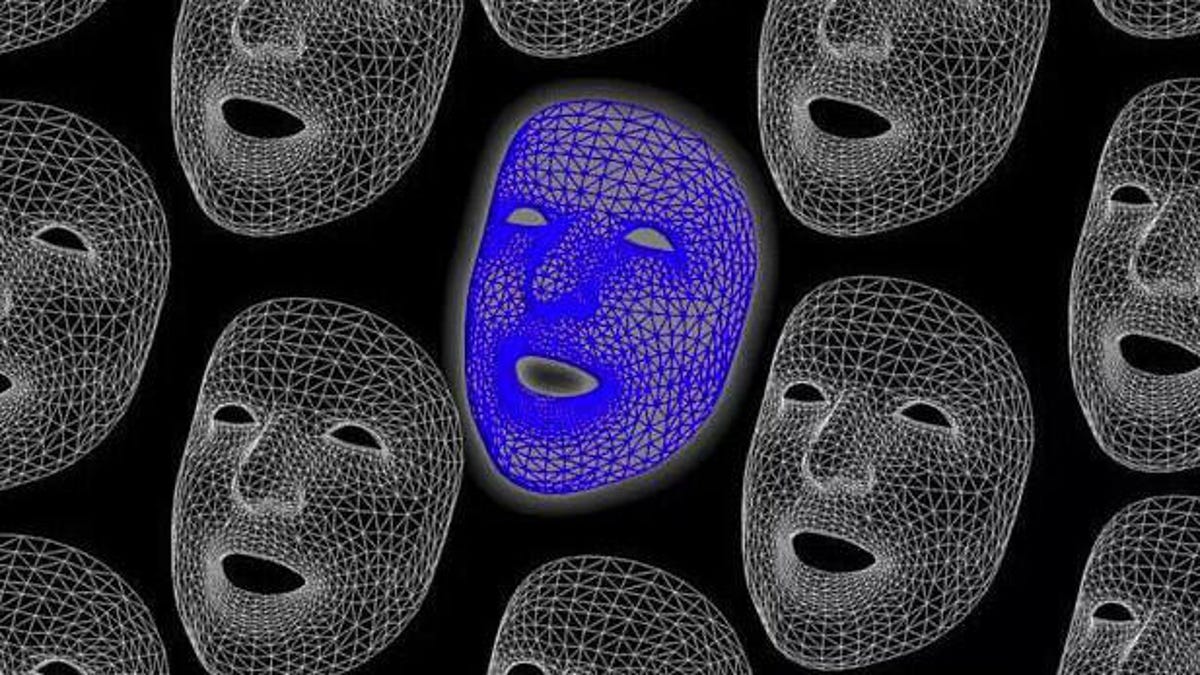Facial recognition could be temporarily banned for law enforcement use
Senators introduce a bill that would prohibit police use of the technology until guidelines and limitations are set.

The use of facial recognition could be temporarily banned for law enforcement.
Law enforcement agencies could be temporarily banned from using facial recognition under a new bill (PDF) introduced in the Senate on Wednesday. The draft law, introduced by Democratic Sens. Jeff Merkley (Oregon) and Cory Booker (New Jersey), calls for a moratorium on using the technology until a commission recommends guidelines and limitations for government use.
Facial recognition is being increasingly used by law enforcement across the US "without appropriate debate or consideration of its impacts," the bill says. It also notes the technology is not always accurate, especially among ethnic groups, women and young people.
"Facial recognition has been shown to disproportionately impact communities of color, activists, immigrants and other groups that are often already unjustly targeted," the bill says.
The bill is also intended to prevent the technology from suppressing First Amendment rights, as well as from violating privacy and impacting civil liberties.
"This bill is a strong recognition by Congress of the technology's dangers and the concerns communities nationwide have raised over law enforcement use of it," Neema Singh Guliani, American Civil Liberties Union senior legislative counsel, said in a statement.
The bill still allows police to use the technology with a warrant, however.
The facial recognition bill follows revelations about Clearview AI, a controversial facial recognition app being used by US law enforcement to identify suspects and other people by comparing photos to a database of images scraped from social media and other sites.
The app came under fire after a New York Times investigation into the software company last month, with Clearview AI being called a "chilling" privacy risk by Democratic Sen. Edward Markey in late January. A lawsuit on Jan. 24 also alleged the app is an "insidious encroachment" on civil liberties.
Google and YouTube sent a cease-and-desist letter to Clearview AI last week, following Twitter, which did the same in January.

